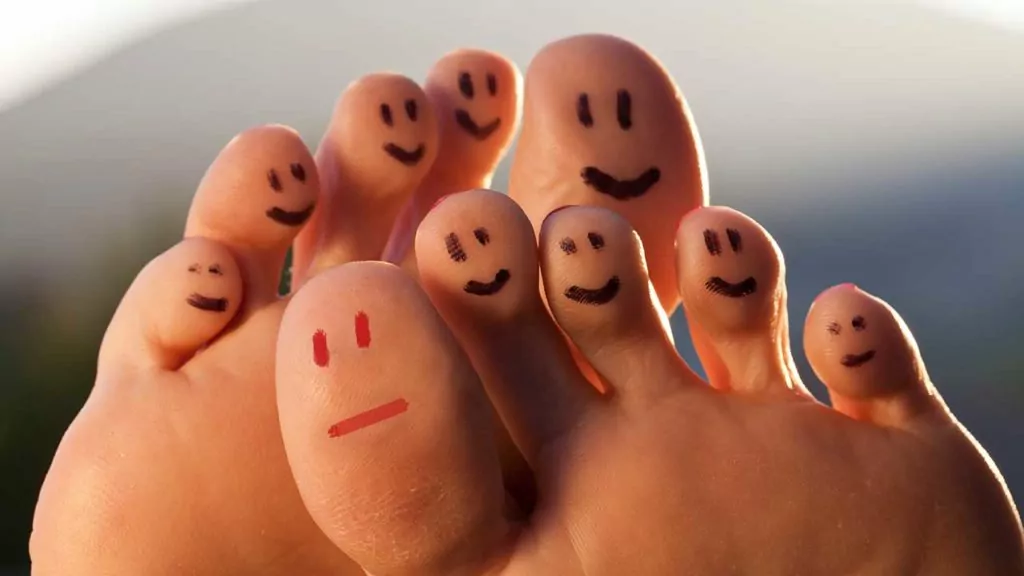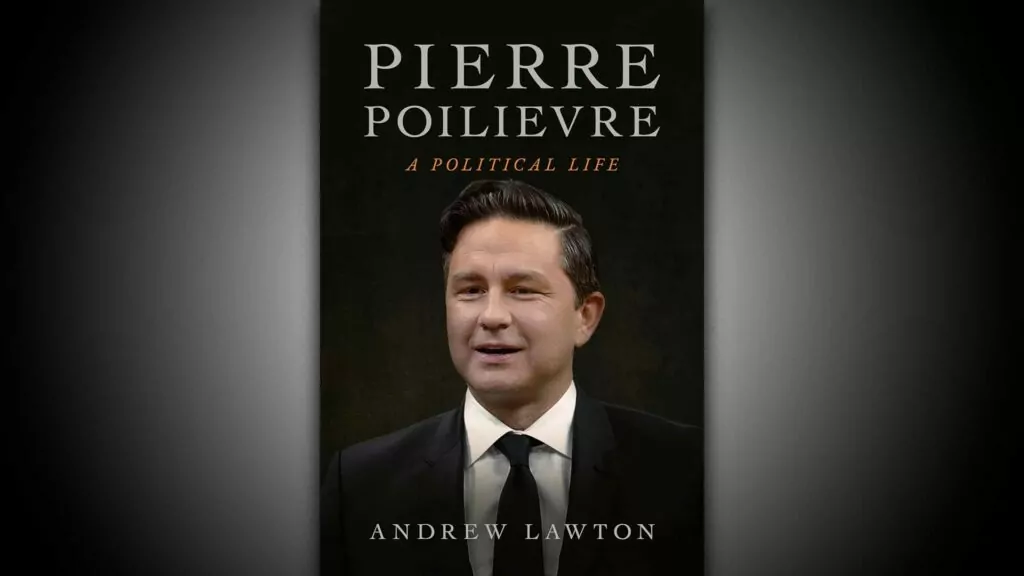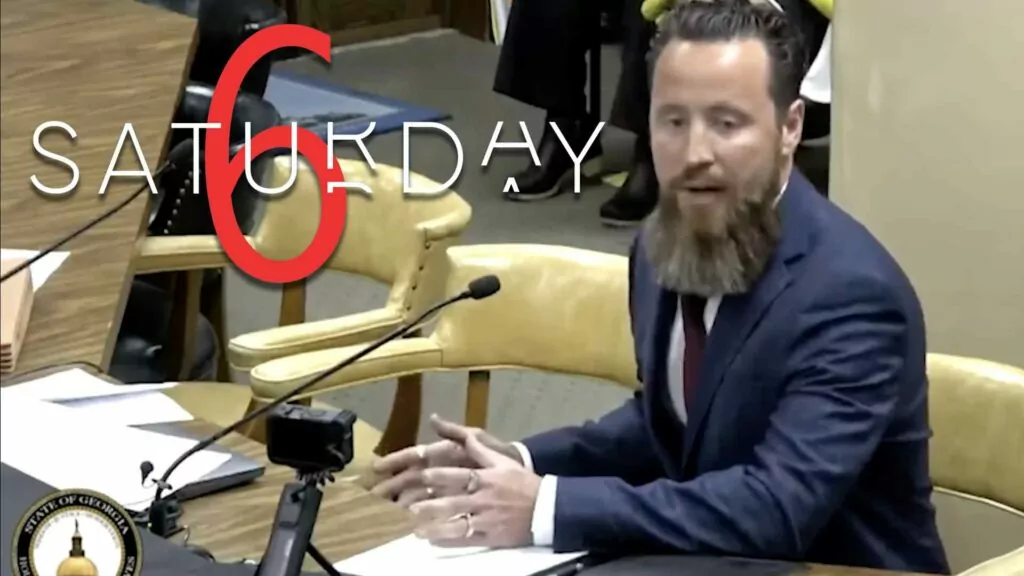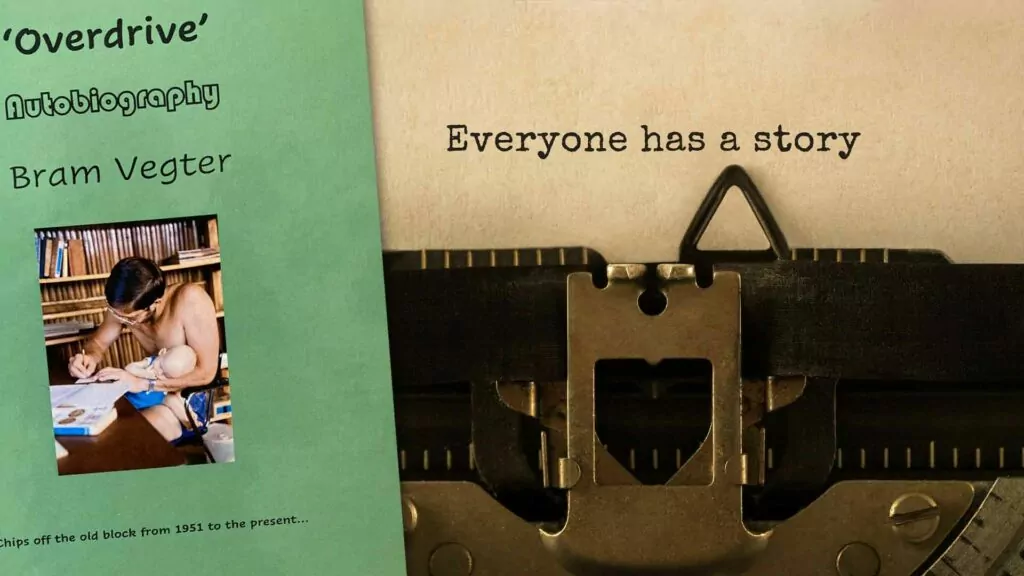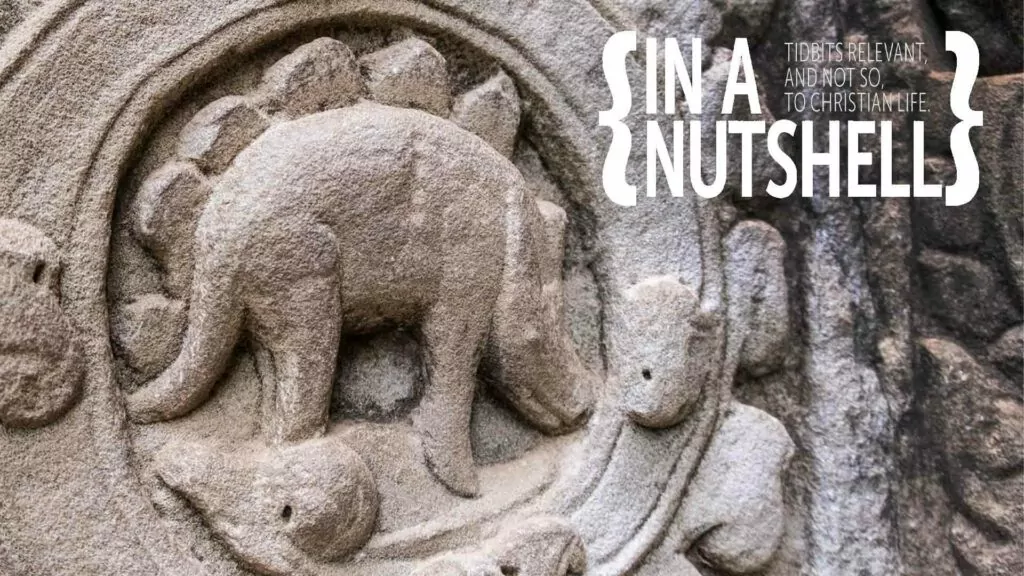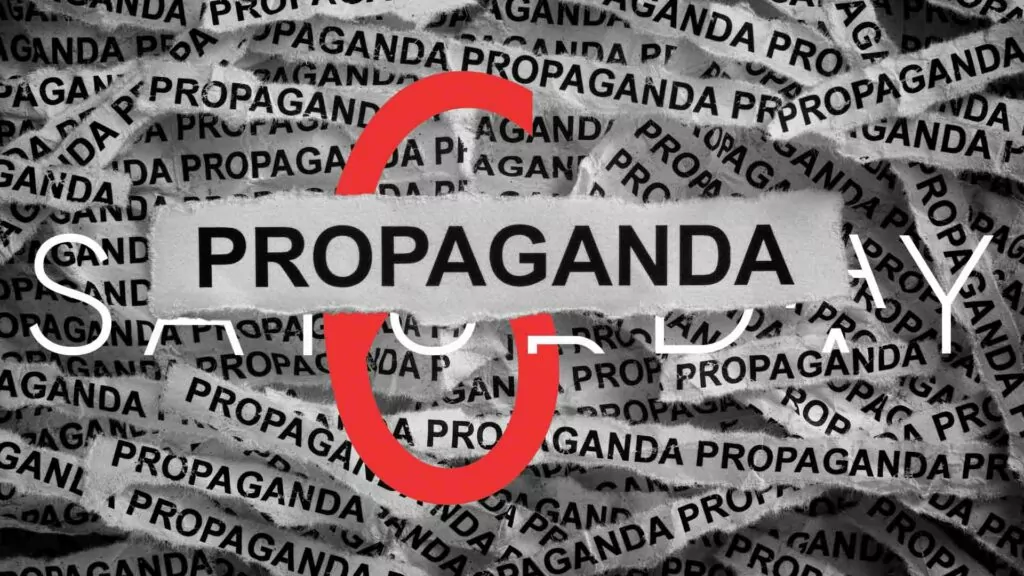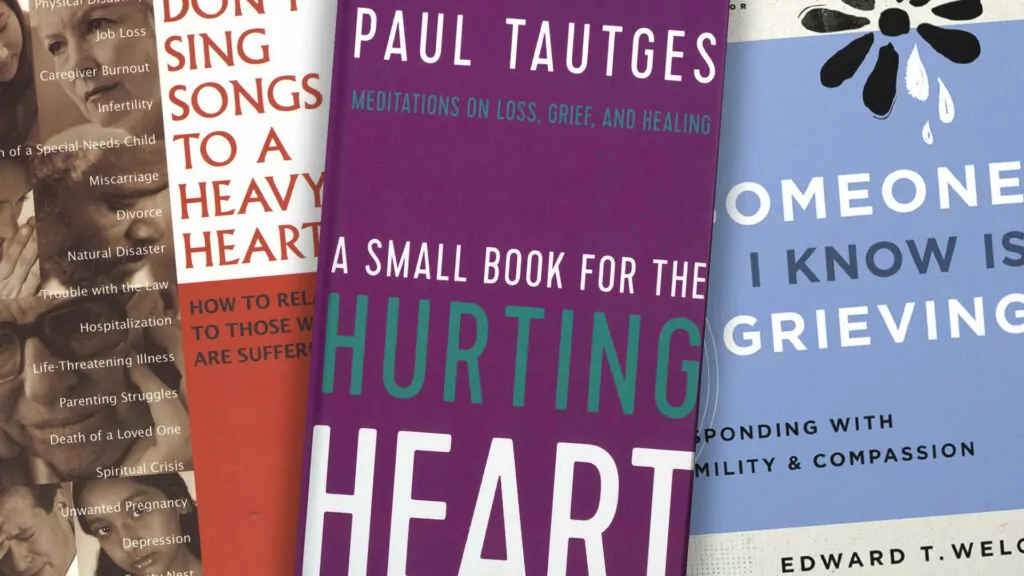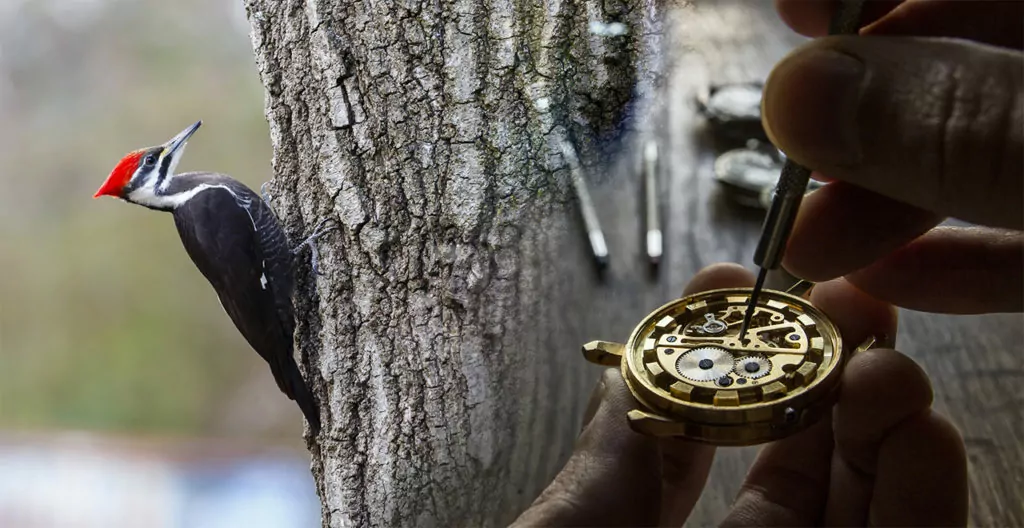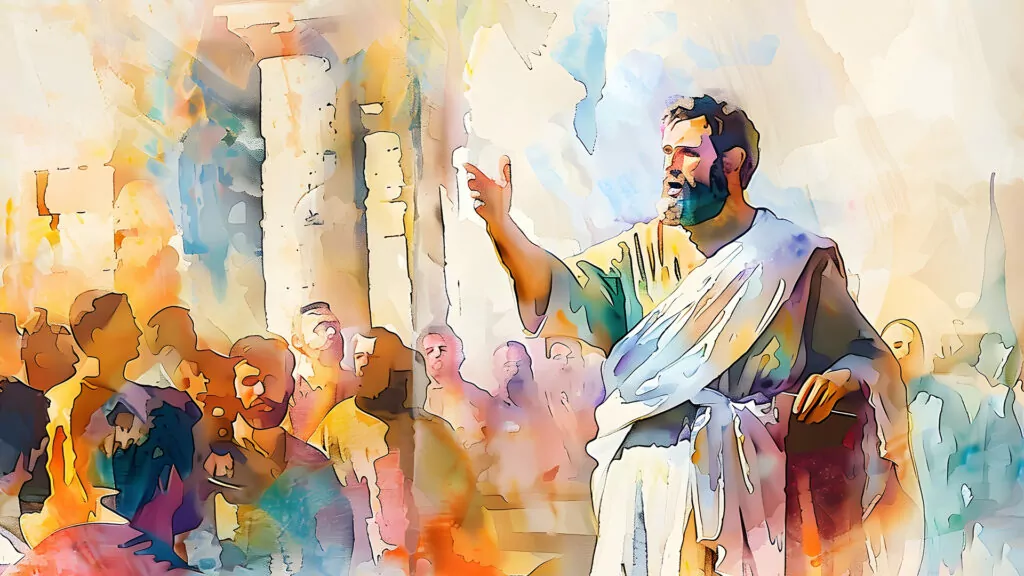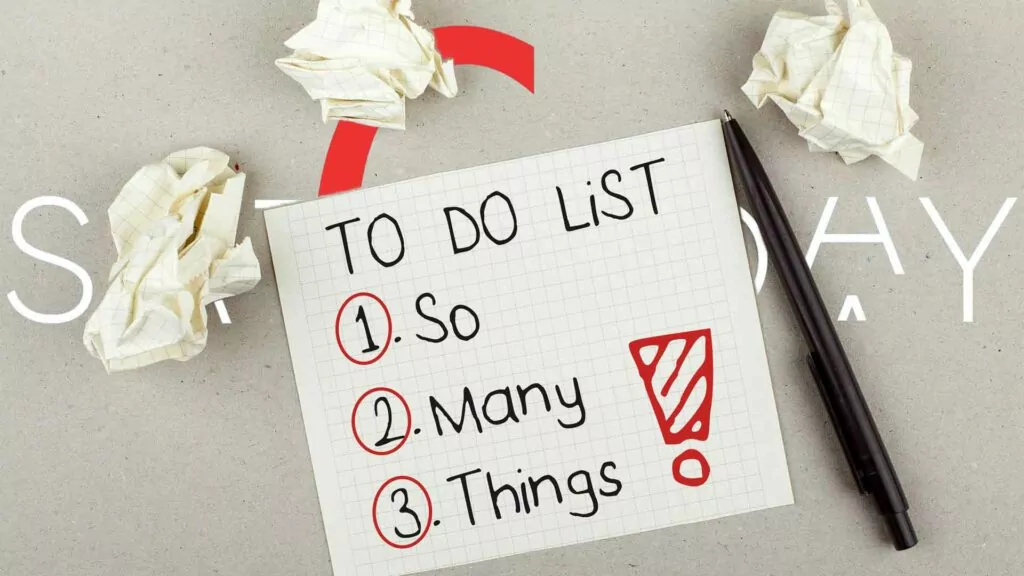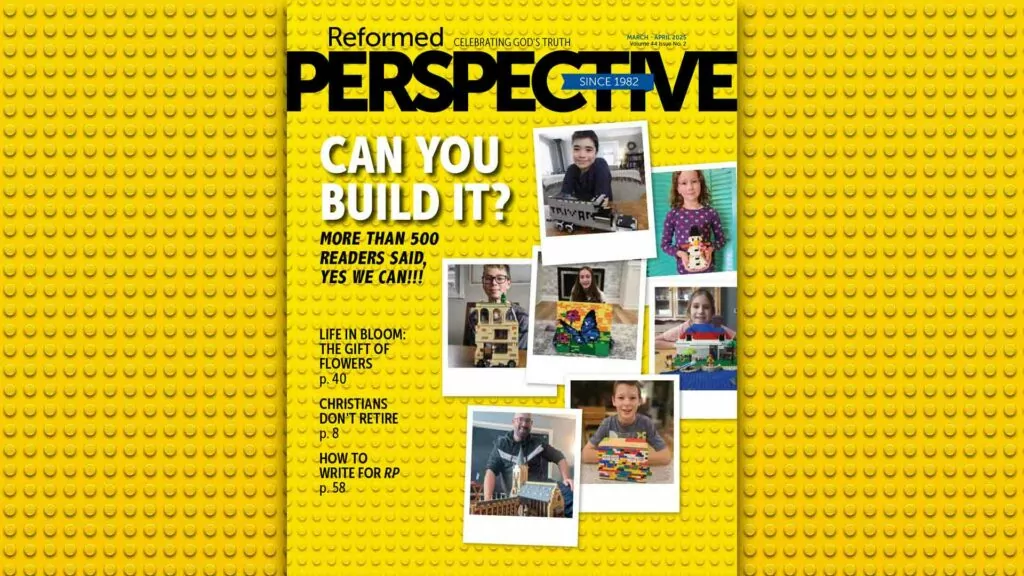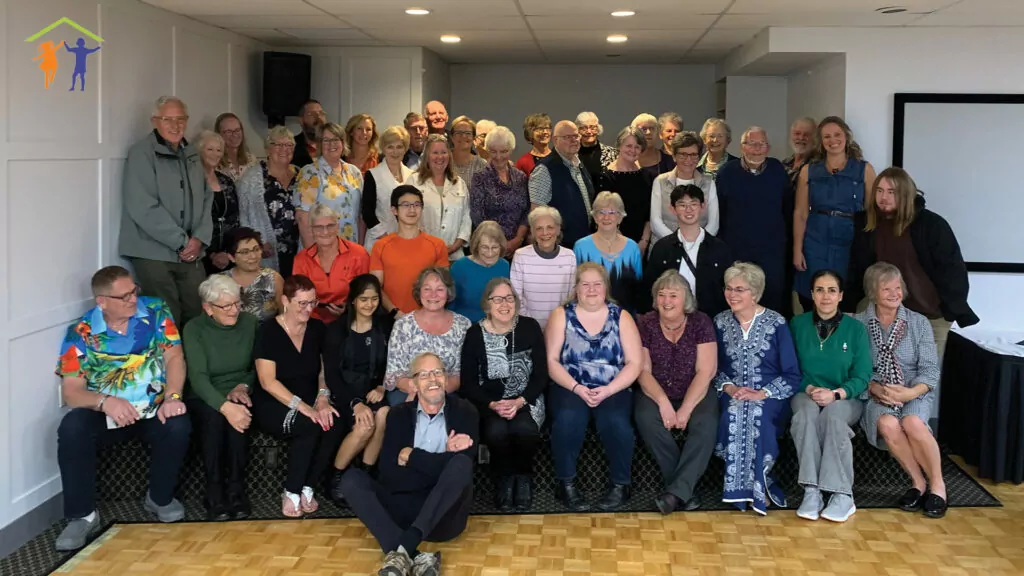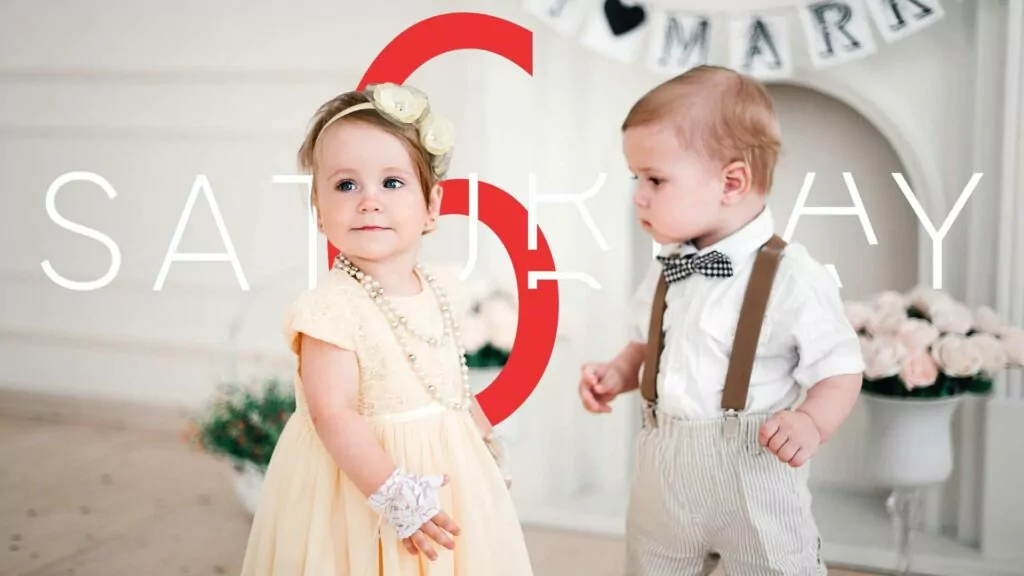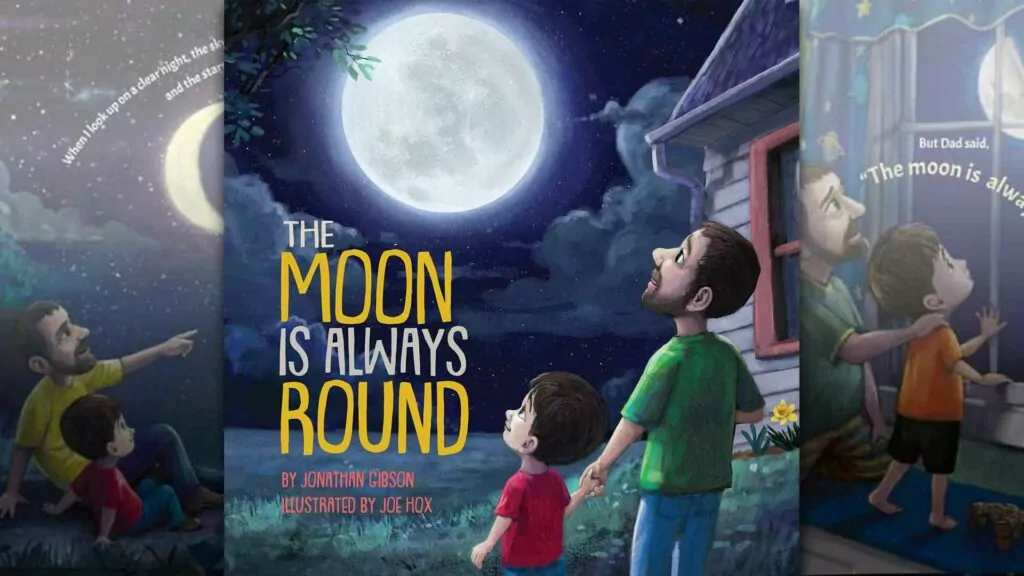
Economics - Home Finances
5 things I’d like my kids to learn about money
The saver, the spender, the schemer – as my kids get older, it’s interesting to see their “money personalities” develop. In the area of money, as in so many other areas of life, we don’t all have to be the same – though each approach to money has strengths to be encouraged and weaknesses to be corrected.
As we acknowledge our natural and God-given differences, also when it comes to handling money, what principles are universal – and biblical? Here are a few I’d like my children to learn.
1. We’re stewards, not owners.
“For it will be like a man going on a journey, who called his servants and entrusted to them his property...” – Matt. 25:14
Our kids like to speculate about what they’d do if they were suddenly handed a million dollars. Although they assure me that they would of course “give a bunch away,” they (understandably) prefer to dwell on all the fun things they could buy.
I can’t really blame them; as adults, we can easily find ourselves thinking along similar lines: “As long as I’m giving faithfully, I can spend the rest however I want.” But a steward mindset tells us differently.
If money is ours to use, on behalf of the God who entrusted it to us, then it’s clearly not ours to spend mostly as we please. The more we internalize this foundational concept, the easier it will be to give generously – and to judge what’s a wise use of money and what’s not.
2. Material contentment is a choice.
“But godliness with contentment is great gain...” – 1 Tim. 6:6
Our kids also like to bemoan (with some glee) the fact that most of the technology in our home is older than they are. As fairly technologically-indifferent adults, my husband and I aren’t bothered by our aging devices. We all have different areas, though, where we need to remind ourselves that contentment is a choice.
Choosing to “make do,” to defer or deny ourselves a purchase, or to refuse to try to “keep up” with others in terms of material belongings – and talking through our reasoning with our kids – are important ways to model the value of contentment. By doing so we help teach our kids that we can choose to be happy with what we have instead of constantly grasping for the next thing.
Practically speaking, we’ve found that the activity of shopping (physically or virtually) very quickly erodes contentment. Kids are very good at noticing when their parents don’t practice what they preach, and ours are quick to point out if my husband or I start lingering a little too long on Marketplace or Amazon.
Yup, I guess I can just borrow that book from the library.
3. There are many things more precious than money.
“For where your treasure is, there will your heart be also.” – Luke 12:34
Our pre-teen boys think being a YouTube gamer, or maybe a McLaren car designer, would be great career choices. Having fun all day and making lots of money – what could be better?
We trust that as they mature, they’ll refine their goals (and their motivations), and already we talk quite often about how to make life decisions such as choosing a career. Personally, I pursued a field of work (writing and editing) that typically doesn’t pay well. But I loved what I did, and as I got older I increasingly appreciated how writing can also serve others and glorify God. Similarly, we encourage our kids to one day pursue something that they enjoy – and that is worthwhile and meaningful – whether or not they’ll make a McLaren wage at it.
Besides job satisfaction, there are so many other things (faithful living, healthy relationships, physical and mental wellbeing) that are more precious, and will bring more joy, than just money.
4. Money is a good servant, but a terrible master – or god.
“For the love of money is a root of all kinds of evils. It is through this craving that some have wandered away from the faith and pierced themselves with many pangs.” – 1 Tim. 6:10
It was our daughter who, at a very young age, requested a trip to the dollar store to buy Christmas gifts for her siblings with her very limited resources – starting a regular tradition. Our daughter loved the excitement of choosing, buying, wrapping, and presenting gifts to loved ones. She recognized that money was a tool she could use to bring joy to others – not just a treasure to be hoarded for its own sake.
Money can buy a lot of things, experiences, and opportunities – many of which we can receive gratefully and enjoy as gifts from God (1 Tim. 4:4). It’s the love of money, not money itself, that Paul calls “a root of all kinds of evils.”
Our financial choices need to reflect our true priorities. I know of a couple who recently canceled a planned trip so they could support a church expansion project. I know of another family who continues to live in a very modest home, though they could afford a significant “upgrade,” “so everyone feels welcome.” On the flip side, I know others who live in larger houses but have made a conscious commitment to use their homes for generous hospitality. Not everyone has to make the same choices, but we do all need to be thoughtful and deliberate about the decisions we make.
We might pass up a chance at a promotion (and a wage increase) to ensure we’ll have enough time and energy for family and church commitments. We’ll structure our budget so that charitable giving is a non-negotiable, not an afterthought, and try to thoughtfully align our spending with our prayer that “ kingdom come.”
If we remember and prioritize what’s really important in life, money tends to fall into its appropriate place as a resource and a tool.
5. Money is best held loosely.
“Do not toil to acquire wealth; be discerning enough to desist. When your eyes light on it, it is gone, for suddenly it sprouts wings, flying like an eagle toward heaven.” – Prov. 23:4-5
I was reminded of this rather vivid passage during a recent season when our formerly-trusty vehicle suddenly needed major repairs, our roof started leaking, and our hot water heater abruptly died. Resignedly, we had to wave goodbye to some carefully built-up savings. Money certainly can “grow wings and fly away,” no matter how careful we are – so it’s best to hold it loosely.
Our kids certainly notice how we react to things. Is a financial setback a tragedy, or something that doesn’t rattle us to our core because “it’s only money”? Are our possessions the things we fixate on? Is losing them our greatest fear? Our kids will figure out how money fits into our world and worldview through the thousand small choices, actions, and reactions they witness from us.
We don’t need to hold on tightly to money because we know it’s not what we depend on:
“Keep your life free from love of money, and be content with what you have, for has said, ‘I will never leave you nor forsake you.’ So we can confidently say, ‘The Lord is my helper; I will not fear...’” (Heb. 13: 5-6).
Instead, we hold tightly to the less tangible things that matter more – and to the God who is the Giver of them all.
* * *
Of course, there’s much more our kids will need to learn about money as they grow up. But if we can help them start to grasp these five principles, they’ll have an excellent foundation for more complex and more practical skills related to budgeting and handling money.
And as my husband and I teach them, I hope we’ll learn these principles more deeply, and apply them more faithfully, too.







